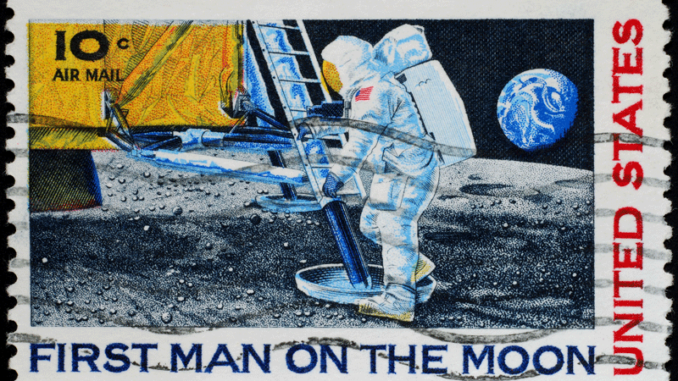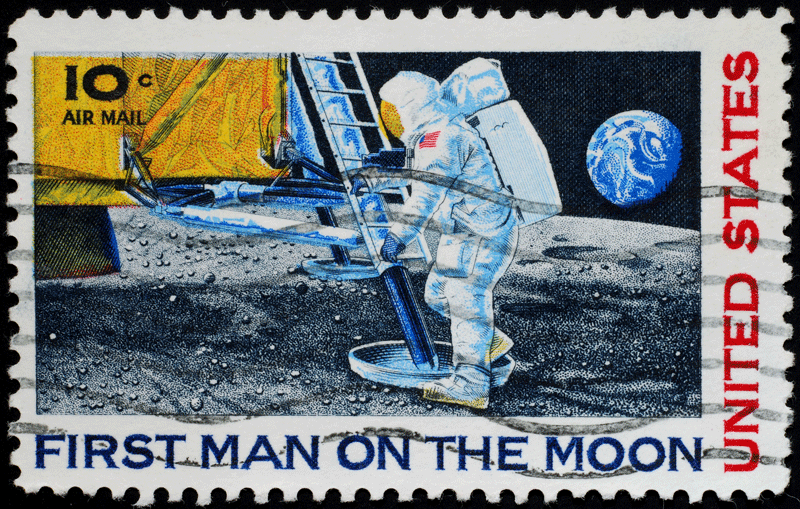
In December, President Trump announced his administration’s plans to send American astronauts back to the moon for the first time since 1972. The directive, called Space Policy Directive 1 (SPD-1), was signed on the 45th anniversary of Apollo 17’s landing on the moon on December 13, 1972. In his speech, Trump said that the goal was to plant a foundation for long-term exploration on the Moon and to eventually use that foundation as a jumping-off point to send astronauts to explore Mars.

The president’s plan has drawn widespread support from places such as NASA, Lockheed Martin, the Commercial Spaceflight Federation, and the Coalition for Deep Space Exploration. However, others have voiced concern about the expense and practicality of such a program.
RELATED LINK: See what the Trump administration has said about the importance of the Moon to the nation’s science future.
Based on what you have heard and seen in the news. . . You Decide: Should NASA focus its resources on sending US astronauts to the moon?
YES
- Sending astronauts to the Moon would send a positive message to the world: it would again establish the U.S. as a world pioneer in space travel, and allow for the positive benefits of an international partnership with Russia.
- It’s a chance to test out new systems and equipment, and to “practice” inhabiting another planet close to home–so that if something goes wrong, it’s relatively easy to bring people back to Earth.
- It will establish a new “space economy” that will create jobs and lead to new scientific innovations here on Earth.
NO
- A Moon landing would be extremely expensive, though exact costs haven’t yet been specified. Does the government have the money to fund such a program? NASA currently receives less than 0.5 percent of the federal budget. (By contrast, it received 5 percent at the height of the Apollo program.)
- The proposed time line will be difficult to achieve. NASA is developing a new heavy-lift rocket known as the Space Launch System which will be critical to a Moon landing. But the first crewed flight won’t take place until 2019, and the first manned flight several years later–maybe by 2023.
- The U.S. and Russia have already made plans to build a spaceport orbiting the Moon called the Deep Space Getaway. While this could theoretically serve as a stepping stone for human missions to Mars, it won’t happen under the Trump presidency.
- It may be more financially responsible to use private companies, which can develop rockets and spacecraft more cheaply than the government can. But collaborating with commercial companies raises its own concerns. Could the mission be used as a giveaway to special interests?
